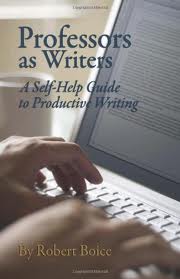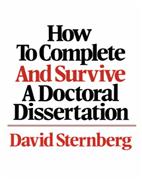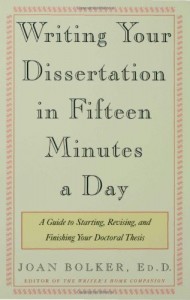
Since I am a student and a Catholic one at that, I try to learn how to be a better student constantly. Thomas Aquinas once wrote a letter to a certain Brother John about the principles of good study. Aquinas lays out his philosophy of how to study. A lot of it has to do with avoiding social contact, which I find more applicable to a more monastic approach to study. It should be noted that Aquinas was not a monk, but a mendicant. Yet he did live a religious life in community as a priest. Despite the hermit/monk flavor of some of the precepts, this list is extremely helpful in learning to think like a professional. Some of the shortest maxims are the most helpful. Let me know what you think of it.
“My Very Dear Brother,
Since you have asked me how you ought to study in order to amass the treasures of knowledge, listen to the advice which I am going to give you.
As a mere stripling,
1. Advance up the streams, and do not all at once plunge into the deep: such is my caution, and your lesson. I bid you to
2. Be chary of speech,
3. Slower still in frequenting places of talk:
4. Embrace purity of conscience,
5. Pray unceasingly,
6. Love to keep to your cell if you wish to be admitted into the mystic wine-cellar.
7. Show yourself genial to all:
8. Pay no heed to other folk’s affairs:
9. Be not over-familiar with any person, because over-much familiarity breeds contempt, and gives occasion to distraction from study.
10. On no account mix yourself up with the sayings and the doings of persons in the outside world.
11. Most of all, avoid all useless visits, but try rather to walk constantly in the footsteps of good and holy men.
12. Never mind from whom the lesson drops, but
13. Commit to memory whatever useful advice may be uttered.
14. Give an account to yourself of your every word and action:
15. See that you understand what you hear, and never leave a doubt unsolved:
16. Lay up all you can in the storehouse of memory, as he does who wants to fill a vase. ‘Seek not the things which are beyond thee’.
Following these ways, you will your whole life long put forth and bear both branches and fruit in the vineyard of the Lord of Sabaoth. If you take these words to heart, you will attain your desire.”
-Sixteen Precepts for Acquiring the Treasure of Knowledge by St. Thomas Aquinas




